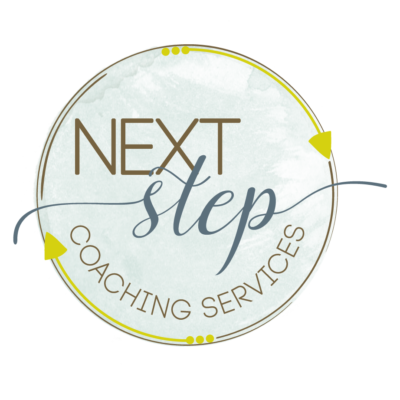How to Connect with Humor Even If You’re Not Funny
I love to laugh. But I’m not funny. Sad but true.
I know that one of the quickest routes to connection with our audience is to make them laugh, but too often I’ve been left standing with crickets chirping after telling what I thought was a funny. I’ve learned a few methods over the years (through the school of hard knocks) that have helped me get my funny on, and I’ve tried to learn from others. I’m not shooting to be Chanda Pierce, but I do long to allow people to laugh and connect.
If you’re humor-challenged too, here are a few tips for adding some humor to your speaking:
- Collect funny stories from outside sources– There are so many funny stories being written or told that I’d be remiss not to recommend sometimes using other people’s funny. Be careful, though. It should be a story that’s fresh, not a forward that half the world has read. I’ve got a hilarious story I read on the internet that I use in one of my talks, but I’ve never heard it anywhere else. Also, make sure to give an outside source credit rather than acting like it’s your own.
- Take cues from your own life–I have an aunt and uncle who have countless hours of funny stories from their own life. Although it does seem that more funny/wacko things happen to them than anyone I know, it’s really just their perspective. Even disasters are hysterical, because they see them as funny. Pay attention to your own daily life, and you’ll have material until the end of time! Jeff Foxworthy recommends keeping blank notecards with you so that you can write down observations from real life. You’ll have a file of hilarious stories and thoughts in no time. Also, I’ve learned that self-deprecation is my best form of humor. Making fun of my own goofiness is the best way to get people to laugh with me.
- Practice–Give your stories a trial run in front of family members or friends in conversation. Do they laugh? Their reaction is an indicator of how an audience will probably react. Their laughter will be a confidence builder for the day that you tell it in front of a group.
- Let yourself go a little–One of the things that I’ve had to fight from within is the tendency to shut down emotionally when I get on stage. It’s purely a selfish self-protection mode, but it is a negative when trying to connect with my audience. I’ve found that praying to be focused on the audience rather than myself allows my natural expressiveness and animation to come out. Those things enhance funny stories. I gave the qualification “let yourself go a little“, because too much is just too much. When listening to the recordings of my speaking, I’ve noticed that I laugh at myself. Out loud. Too loudly. There’s nothing like awkward laughter to make an audience clam up. I’ve been working on making a face or dead-panning rather than laughing my goofy laugh.
Occassionally I still hear crickets after I’m pretty sure I’ve been hilarious, but it’s less often now. Have you had to find your funny? What’s working for you?

Totally get it…I love to laugh, but I’m not funny. These tips are useful…Definitely a keeper for preparing my next talk. I have definitely noticed that speakers I’ve heard numerous times have gotten funnier over the years. I think that probably comes from becoming more and more themselves at the podium so that they are more relaxed, which relaxes us, their audience. Blessings!
I seem to laugh at things no one else does. My blog is full of my “Lucy” stories. Funny situations just seem to happen to me. Funny is in the telling. Enjoyed the post.
I thought about telling a short joke women can relate to or sharing a personal story about myself works. I was talking about ‘transparency’ once and shared a secret about how I can go weeks without shaving my legs in the winter time and women laughed! I think good comedians share every day stories that make people go, “I do that TOO!” or “I’ve felt that way TOO!” Relating to what we have in common is always good.
I do that too!!!!
When I attended a workshop several years ago by professional authors who were teaching about humor, their guidance was to take something “everyday” that the audience can relate to and give it a twist or unexpected turn of events or a “what if” ending that many of us might actually experience. I started watching how TV episodes follow the formula and found it was easier than I thought.